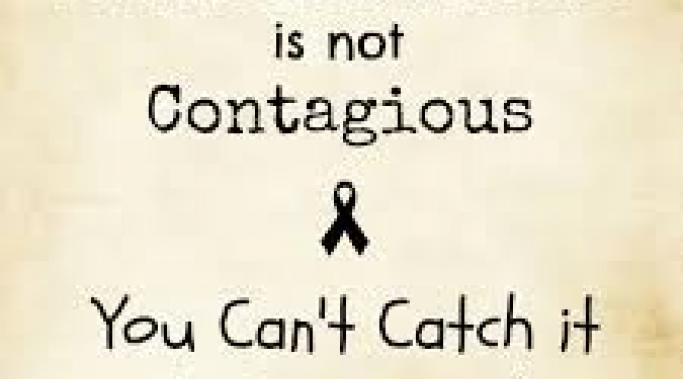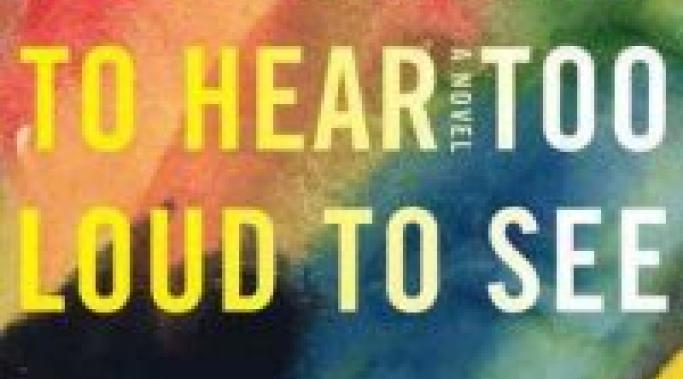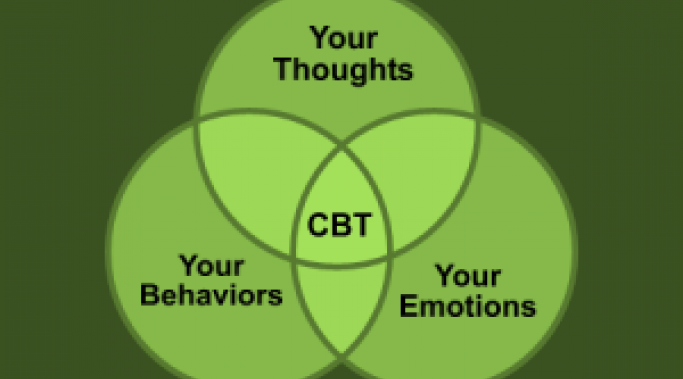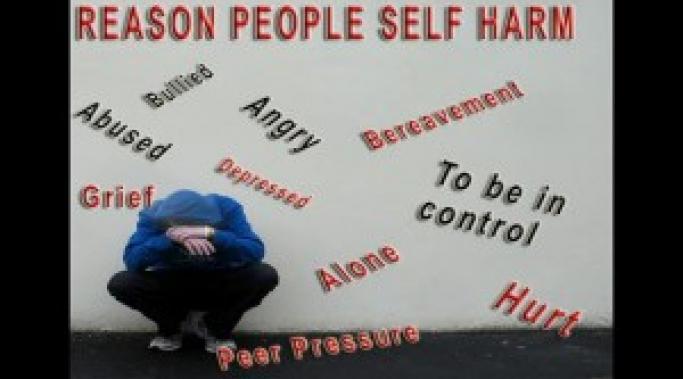'I need mental health help.'
When you are suffering from a mental illness, these are often the three most difficult words to say. But the real question is 'why?'
Surviving Mental Health Stigma
For more than two years, I wrote about my struggles with anorexia nervosa and the associated depression and anxiety that came with it on HealthyPlace's Surviving ED blog. I was proud that I was unfailingly honest about my thoughts, fears, and actions while attempting to recover from an eating disorder. I felt that was the only way to connect and help others, and I didn't regret it.
Until recently.
It's all fine and good to sit here and preach about the evils of mental health stigma. I'm proud of the work I have done and plan to continue to do. But let me be honest for a second here; even I stigmatize against people with a mental illness. I don't mean to of course, and always try to correct my thinking, but it happens.
My name is Angela Elain Gambrel and I would like to welcome you to HealthyPlace and the Surviving Mental Health Stigma blog. I am: a writer, reader, and curious about this world and this journey we call life. I love books and cats and quiet times with a hot cup of herbal tea while listening to medieval chants. I am interested in people and religions and history, and read everything I can get my hands on about these subjects and more. I am passionate about helping others and the orphans of Haiti. I recently completed my master's degree in English Composition and Communication, and am now writing for a national website focused on children and cerebral palsy.
I can guide you to overcome self-stigma because I once brutally self-stigmatized. However, now I clearly see that self-stigma hurt me in the past far more than the problems caused when anyone else stigmatized me. Follow this guide to overcoming self-stigma and feel much better about life, your mental illness, and being able to handle it all.
"I feel like I have AIDS man! Everybody's scared of me!"
I recently heard these powerful words from a client who struggles with adult Attention Deficit Hyperactivity Disorder (ADHD).
This two-part series will explore the inner world of author and mental health advocate,Juliann Garey. Through a series of questions and answers, Garey will shed light on the plight of those with mental health challenges in terms of stigma, medications, mania, depression, mixed states and the creative process.
This two-part series will explore the inner world of author and mental health advocate, Juliann Garey. Through a series of questions and answers, Garey will shed light on the plight of those with mental health challenges in terms of stigma, medications, mania, depression, mixed states and the creative process.
Stigma can affect us all in a myriad of ways.
But stigma can be most harmful if it keeps someone from seeking out proper treatment that could provide them with the emotional well-being that they have sought for so long.
The reasons that a person might harm themselves are as vast and complex as our individual genetic makeup. However, there seems to be one predominant goal associated with self-harm: release.
“I would resort to cutting myself for two reasons: the first being to release the tension, the build-up of emotions and thoughts that I just could not deal with. I wanted to scream but couldn’t,” said Julia P. who has battled and overcome self-harming behavior.









